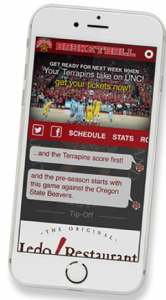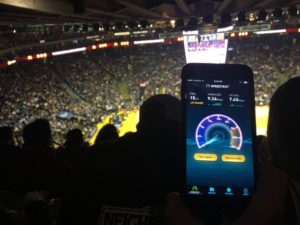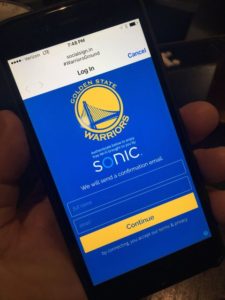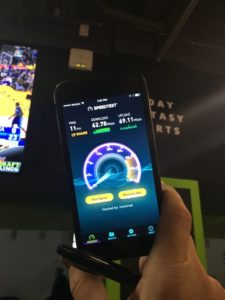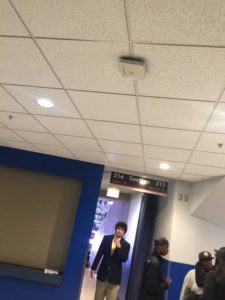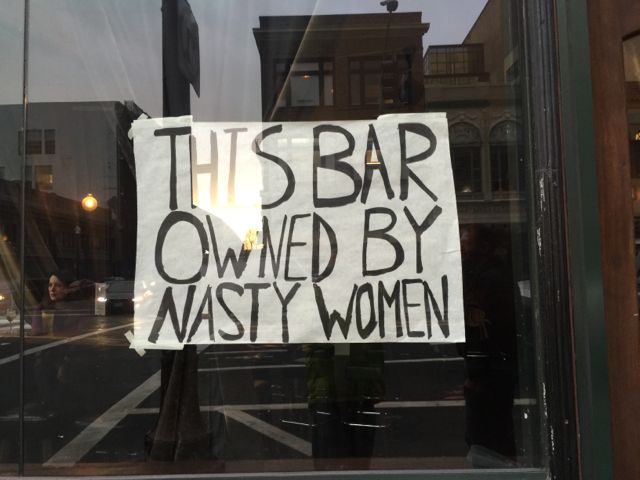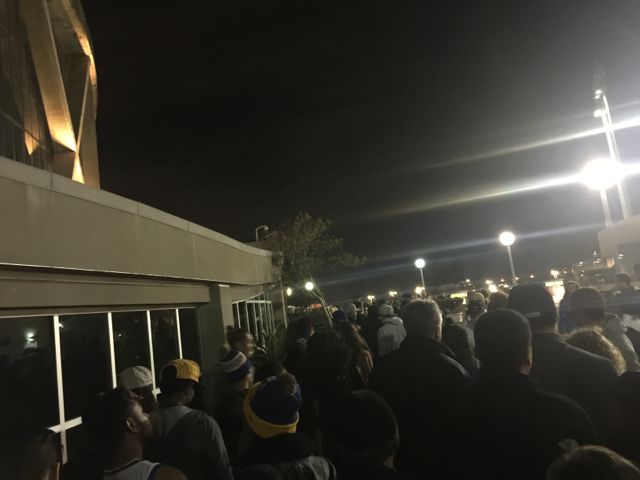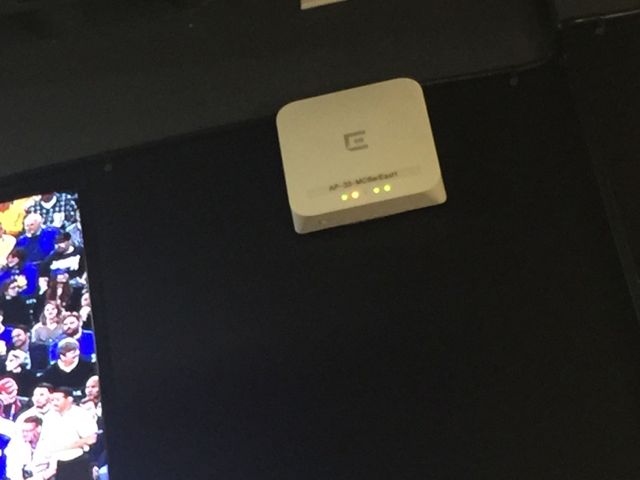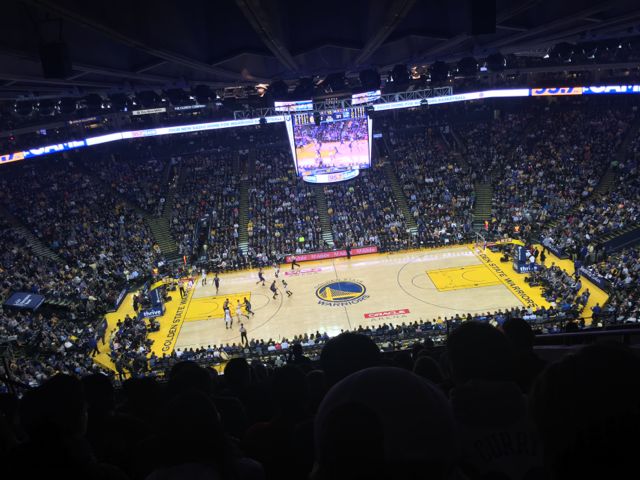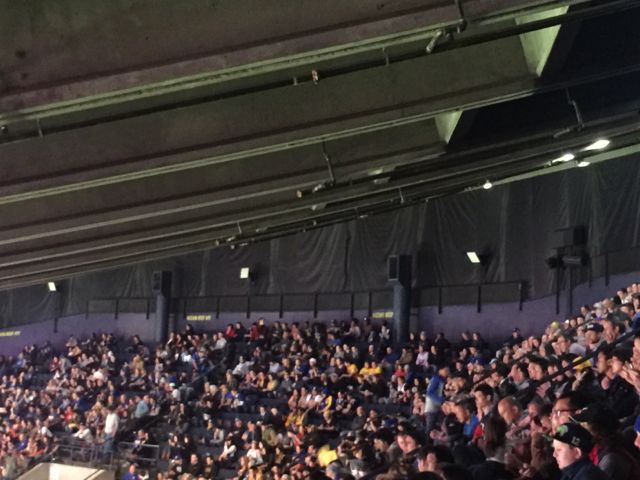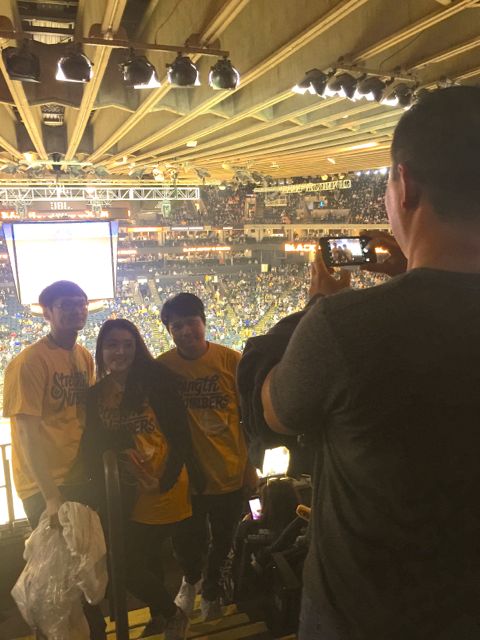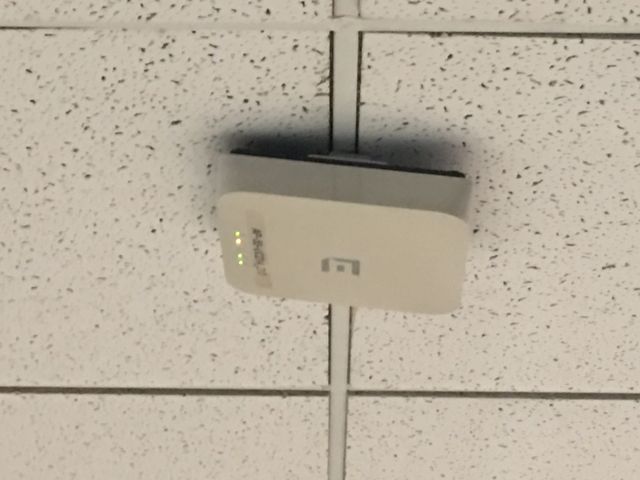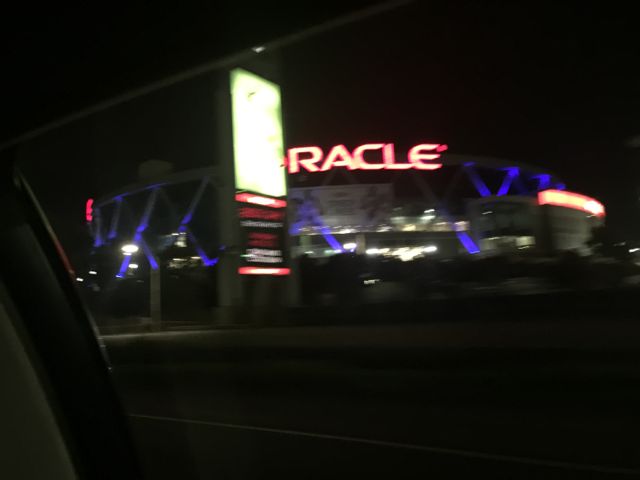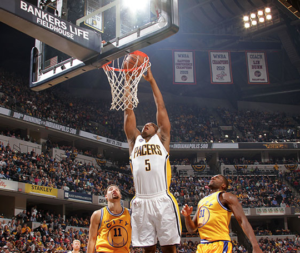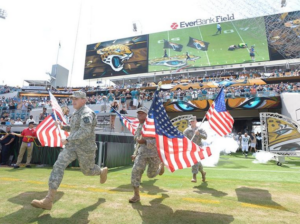The drama surrounding the fraud charges leveled early last year against former Wi-Fi provider firm SignalShare seems to be reaching a conclusion, with court documents showing that NFS Leasing has been awarded $8 million in damages from SignalShare, and $5.7 million in damages from an ex-SignalShare exec.
To quickly recall the case, SignalShare, a company involved in bringing Wi-Fi networks and associated fan-experience apps to stadiums, was sued by NFS, an equipment leasing company, over a dispute involving allegedly fraudulent leases by SignalShare, and SignalShare’s default on an agreement to pay back money obtained through those leases. Originally NFS sought $7.8 million in damages.
According court documents that are also quoted in a Law 360 report, a judge in Massachussetts federal court granted summary judgement in NFS’ favor Wednesday, with an $8 million judgement against Signal Point Holdings Corp., a SignalShare subsidiary, and a $5.7 million judgement against former SignalShare exec Christopher Barnes. According to court documents, the judge also voided an attempt by SignalShare to move assets between other companies owned by the same owners as SignalShare.
To recap the original story — SignalShare had originally partnered with Wi-Fi gear vendor Extreme Networks on deployments for the Jacksonville Jaguars, the University of Maryland and the Detroit Red Wings, all apparently legitimate deals. SignalShare later touted its Live-Fi nGage suite, a system that was meant to combine content, analytics and advertising links to give venue owners and operators a turnkey method to improve fan engagement and perhaps increase revenue opportunities for large-venue Wi-Fi networks.
According to a previous Law360 story, the lawsuit from NFS Leasing claimed that SignalShare “began requesting financing from NFS for purchasing equipment for fictitious contracts,” using forged, altered and falsified documents for deals that didn’t exist. From that Law360 report, which quotes from the legal complaint:
“[SignalShare] would represent to NFS that it had entered into an agreement with a sports arena or team and would induce NFS to provide funding for the acquisition of the allegedly-needed equipment,” the complaint said.
SignalShare would provide fake or forged invoices for the equipment it allegedly ordered, or provide fictitious serial numbers for items allegedly purchased and installed in the fraudulent contracts, the complaint said.
Between May 20, 2014 and May 21, 2015, SignalShare conned NFS into advancing funds on 10 fraudulent lease transactions to the tune of $4.9 million, the complaint said.
Costanzo charged, then cleared
The case had several twists and turns along the way, including the charging and then exoneration of former SignalShare chief technical officer Joe Costanzo, who was one of the SignalShare execs personally named in the first lawsuit. Costanzo, who ran the technical operations of SignalShare, claimed he was misled by his own company and had filed counter-claims against NFS.
This past August court documents said that NFS Leasing had dismissed all of its claims against Costanzo “without costs to either party.” Costanzo, who had filed a counter-claim against NFS, also dismissed his action.
In the summer of 2016, NFS had announced an auction of SignalShare assets, including such entities as the network lease for providing Wi-Fi to the Golden State Warriors. However, that planned auction was cancelled when SignalShare filed for bankruptcy. Along the way, executives from Extreme Networks have continually refused to comment on any details of their partnership with SignalShare.
